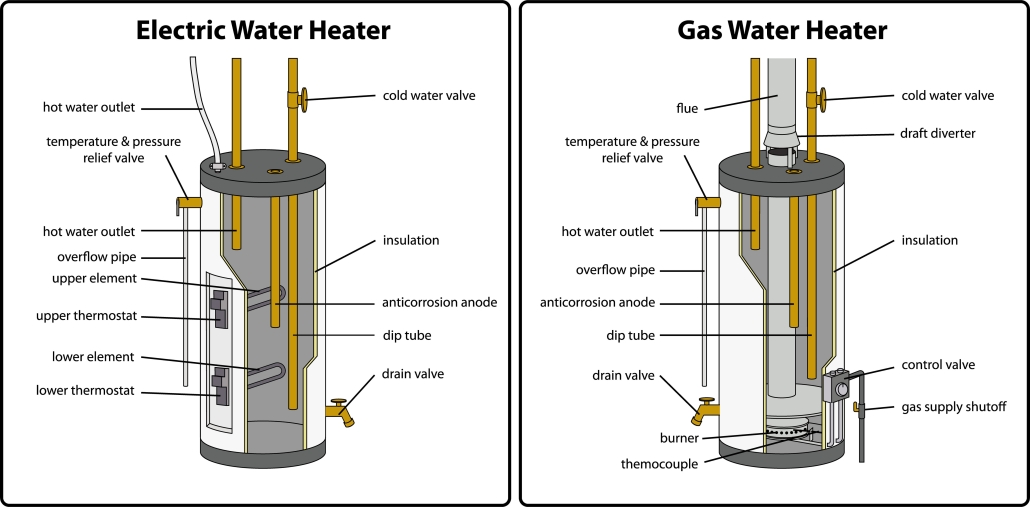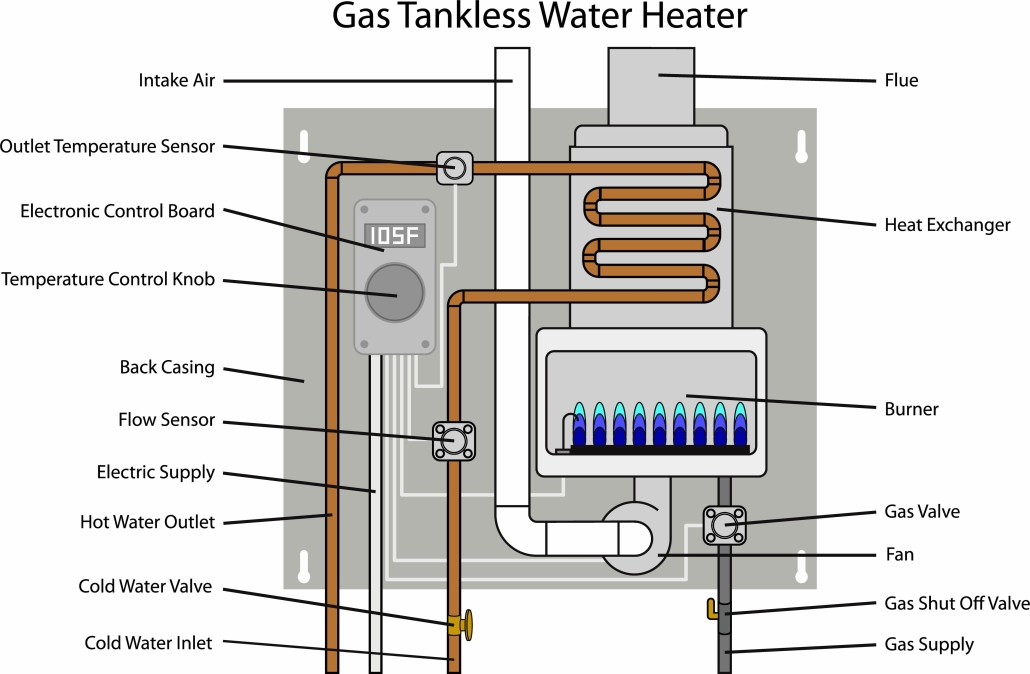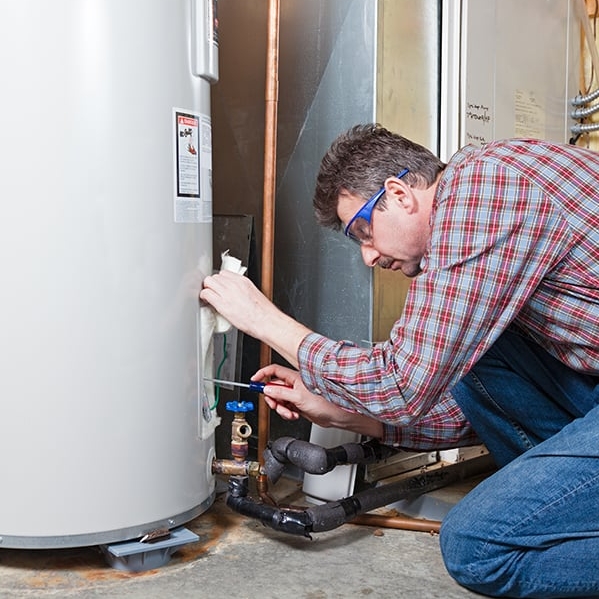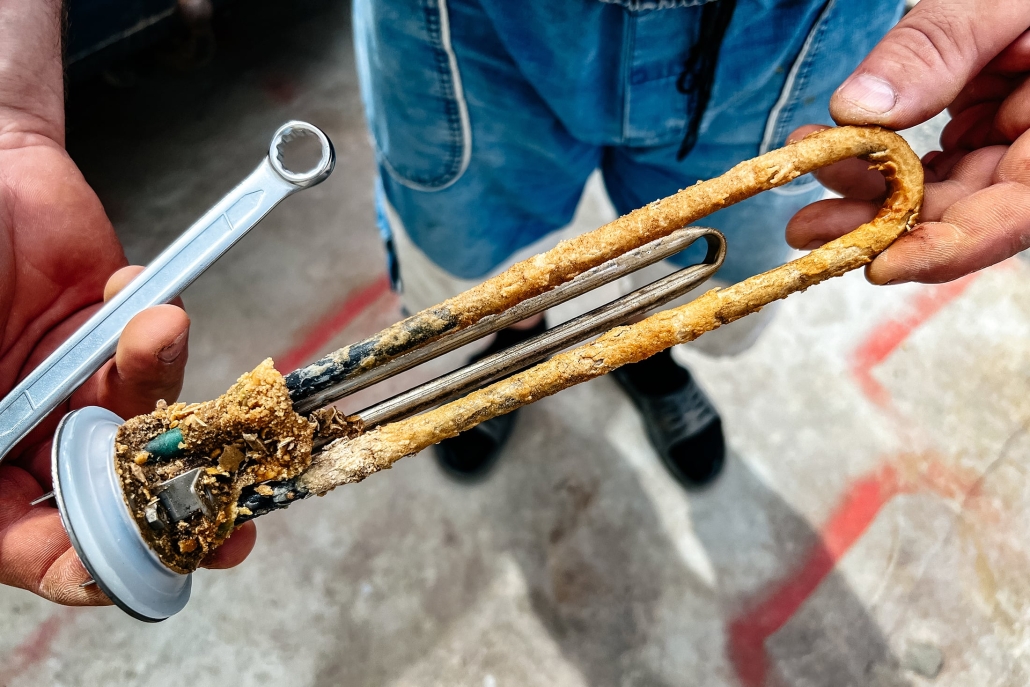No Hot Water, Why do I suddenly have no hot water?
No hot water, What to Do When Your Water Heater Won't Heat Up – Water heaters are essential appliances in most homes, providing hot water for everyday needs like showers, dishes, and laundry. But what happens when you turn on the tap and nothing but cold water comes out? This article will explore common issues with both standard and tankless water heaters and outline the steps you should take to resolve the problem.
Standard Water Heater Malfunction
Common Issues
- No Power or Gas Supply:
- Electric water heaters rely on a steady power supply to heat water. A tripped circuit breaker or a blown fuse could be the culprit.
- Gas water heaters depend on a consistent flow of natural gas. So, Before anything, you must look to see if the gas valve is open and the pilot light is lit.
- Faulty Thermostat:
- The thermostat regulates the water's temperature. If it malfunctions, it may not signal the heater to turn on.
- Broken Heating Elements:
- Electric water heaters use heating elements. The heating elements heat up to provide warm or hot water.
- These elements can burn out over time and may need replacement.
- Sediment Build-Up:
- Over time, minerals from hard water may affect the tank's efficiency as sediment accumulates at the bottom. This sediment build-up can insulate the water from the heat source, causing lukewarm water.
- Leaking Tank:
- A tank leak can prevent water from reaching the desired temperature. In severe cases, a complete tank replacement might be necessary.

Steps to Take
- Check the Power or Gas Supply:
- Make sure the unit is receiving power or gas. You must reset the circuit breaker or check the fuse box for electric heaters. For gas heaters, ensure the gas valve is open and the pilot light is on,
- Inspect the Thermostat:
- Adjust the thermostat settings and see if it triggers the heater. If not, it might need replacement.
- Examine the Heating Elements:
- Electric heaters may need a multimeter to test the heating elements for continuity. Replace if necessary.
- Flush the Tank:
- Drain the tank to remove sediment build-up. This can improve efficiency and restore proper heating.
- Check for Leaks:
- Look for any visible signs of leakage. If you find a leak, contact a professional for repair or replacement.
Tankless Water Heater Malfunction
Common Issues
- Insufficient Power or Gas Supply:
- Like standard heaters, tankless systems require a consistent power or gas supply. Any disruption can impact performance.
- Cold Water Sandwich:
- This phenomenon occurs when there's a brief burst of cold water during a hot water usage cycle, often due to a lag in heating.
- Mineral Build-Up:
- Like standard heaters, tankless systems can suffer from mineral build-up, especially in challenging water areas. This can clog the system and inhibit heating.
- Flow Sensor Issues:
- The flow sensor detects water movement and signals the unit to start heating. If it malfunctions, it may not trigger the heating process.
- Exhaust or Air Supply Blockage:
- Tankless heaters require proper ventilation. As a safety measure, any exhaust or air intake blockage can cause the tankless unit to shut down.
Steps to Take

- Verify Power or Gas Supply:
- Ensure the unit has power or gas. Reset the unit if necessary and check for tripped switches or closed gas valves.
- Check for Error Codes:
- Modern tankless water heaters will display error codes. Refer to your user manual for help in understanding and addressing these codes.
- Clean or Replace the Flow Sensor:
- If the flow sensor is dirty or defective, clean or replace it. This resolves issues related to water flow detection.
- Descale the Unit:
- Regularly descale your tankless heater to prevent mineral build-up. Use a vinegar solution or a commercial descaling kit.
- Ensure Proper Ventilation:
- Check that the exhaust and air intake areas are free from obstructions. Clear any blockages to ensure the system operates safely and effectively.

When to Call a Professional
While many issues can be addressed with basic DIY skills, others require professional intervention. If you need more clarification or are uncomfortable performing any troubleshooting steps, it's best to call a professional.
A professional plumber will accurately diagnose the problem and perform necessary repairs, ensuring your water heater is back up and running smoothly.
Understanding common plumbing issues and taking appropriate action can minimize downtime and keep your hot water flowing. Remember, regular maintenance is vital to prolonging the life of your water heater, be it a standard or tankless model.




